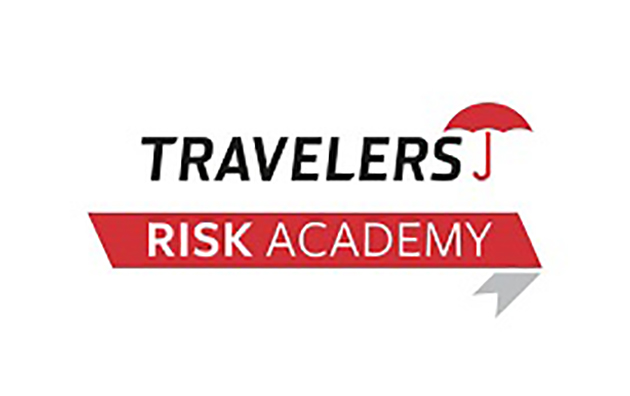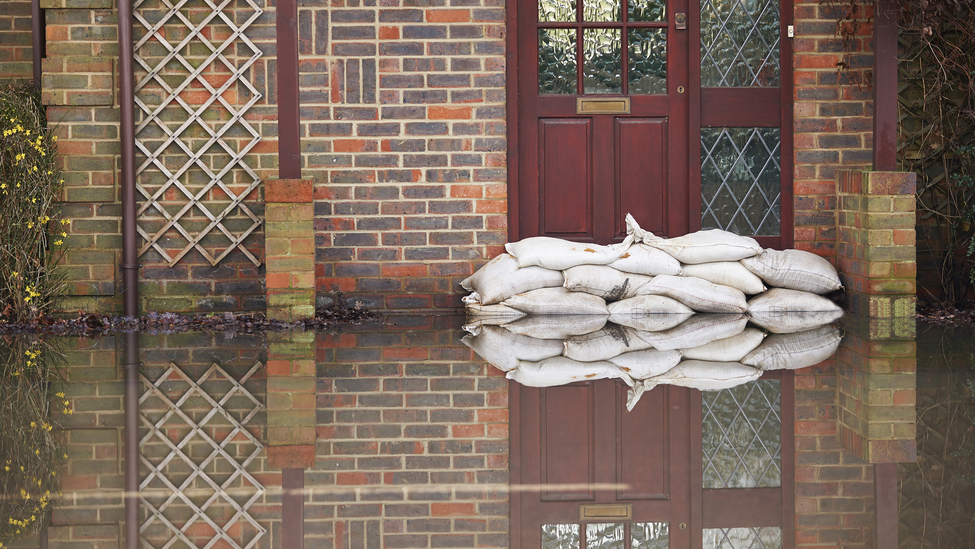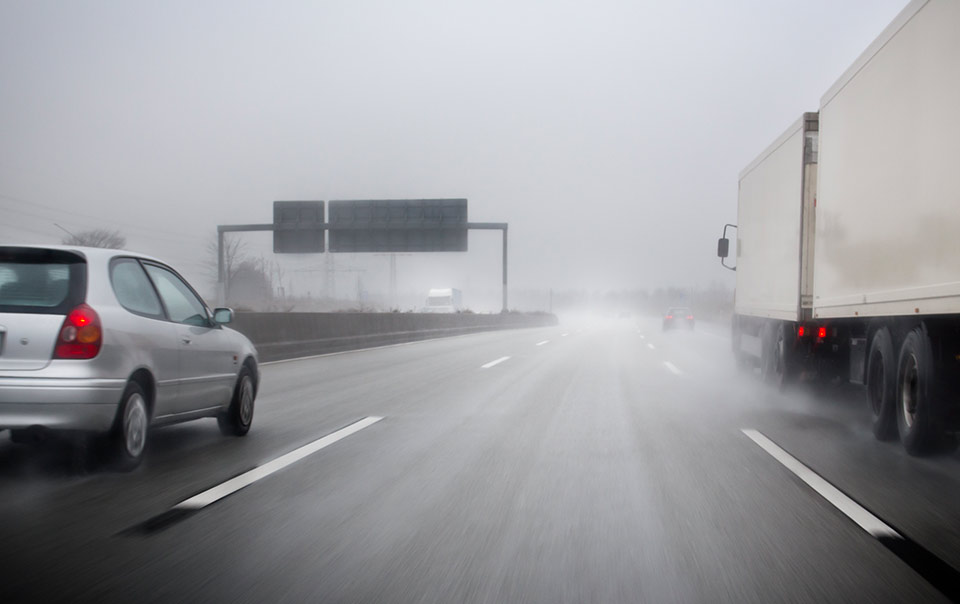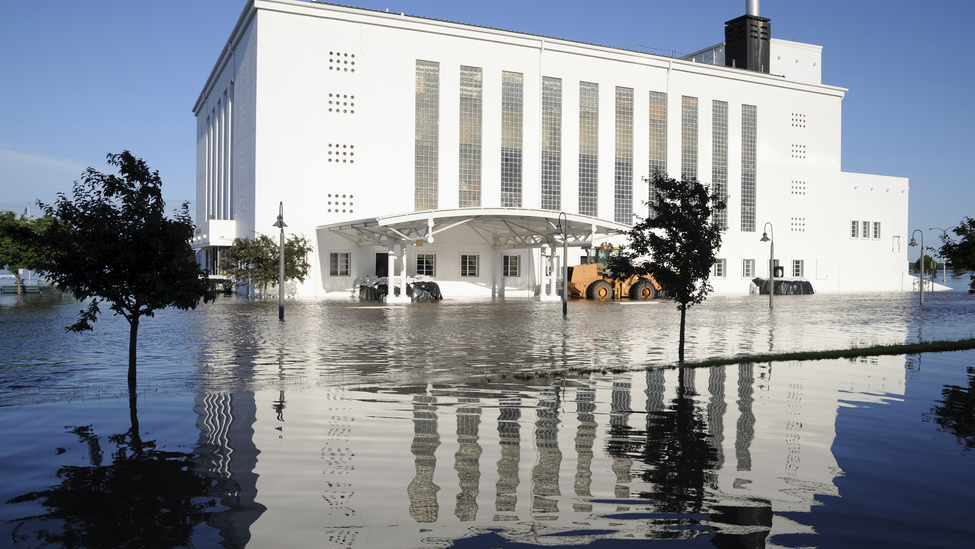Snow, Frost and Ice

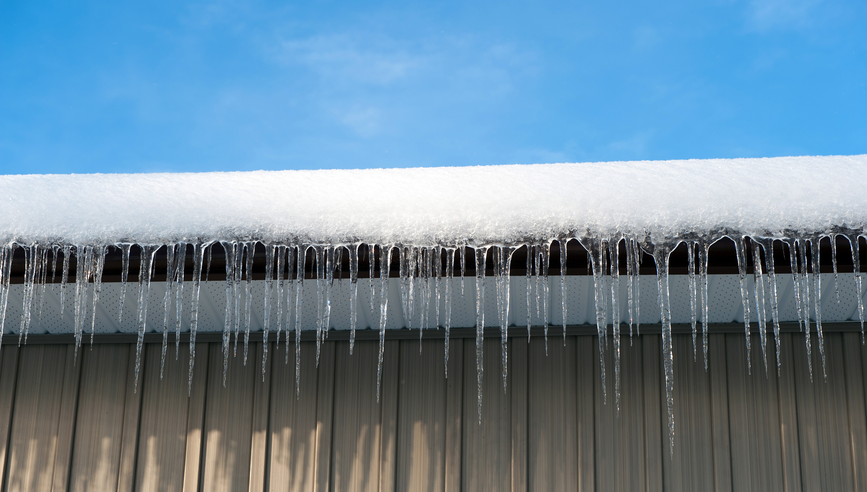
Without the proper precautions, winter weather may be harmful to your business and property
Remember when snow was fun? A day off from school. Building igloos and snowmen.
Now that you work or own a business, snow and ice may seem as though they are threatening your property and sense of well-being. Water damage, freezing and frozen pipes and roofs damaged by ice are just a few things that can go wrong.
Find out how to prepare your business for the winter season in order to help prevent these common losses. And when you need it most, Travelers’ safety tips and attentive claim service won’t leave you out in the cold.
Freezing conditions regularly lead to flooding from burst pipes. In addition, snow melts combined with fresh rain falls can overwhelm the drainage system and result in local flooding. In very extreme conditions, heavy snowfalls can impose significant loads on roof structures, although this is extremely rare in the UK. In addition to direct property damage to buildings, accidents and incidents are also more likely during periods of cold weather.
Protection and preparation
- Plan for safe methods of snow removal. Check all heating units for reliable operation as winter approaches. See that building insulation is in place, windows are not broken, and openings are sealed.
- Provide generators as back-up power supplies for critical operations.
- Develop a strategy for protecting water pipes.
- Ensure temperature-sensitive materials are adequately stored.
- Store all stock/work In progress off the floor to prevent damage by flooding.
- Clean all roof gutters and down pipes, ensuring they are free from obstruction.
- Service heating systems regularly and ensure thermostats/frost-stats are working correctly and set appropriately.
- If portable heaters are required, ensure they are adequately maintained, staff are trained to use them safely and that fire risk assessments are updated to reflect the additional hazard.
- Ensure sprinkler systems are maintained; any alternate systems should be changed to air.
- Ensure sprinkler pump houses are adequately heated.
- Drain water pipes in areas likely to freeze. Where this is not possible ensure the pipes are properly lagged.
- Ensure all traffic and travel routes on your site are kept clear of snow/ice.
- Provide a stock of salt/grit for keeping paths and traffic routes free of snow/ice.
- Ensure fire hydrant markers are kept clear of snow drifts.
- Ensure vehicles are serviced, and water levels and anti-freeze are adequate.
- Plan routes to avoid minor roads, which may not have been cleared of snow and ice.
- Inspect your buildings after a period of freezing weather.
